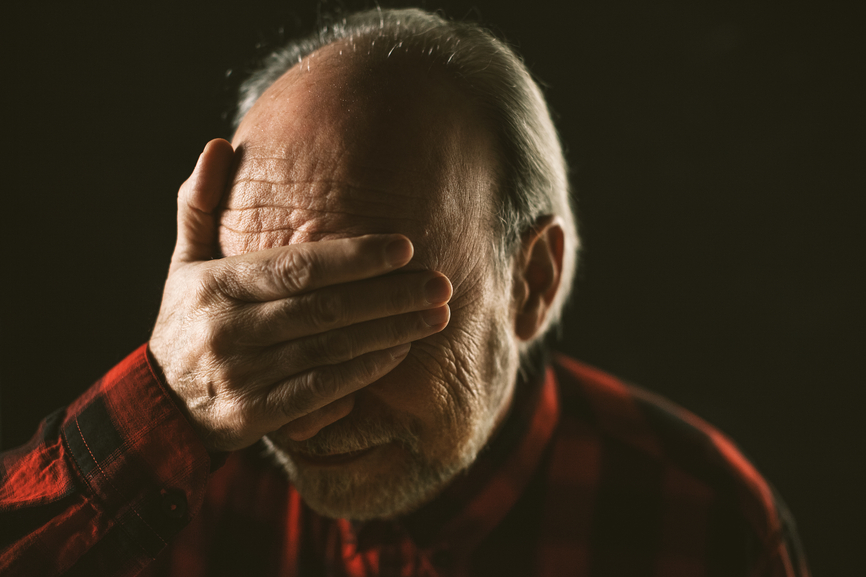Older adults can be at risk for depression but according to Health Canada, 90 per cent of seniors experiencing depression will not seek help.
Many times, depression in seniors can be dismissed by family and friends as a natural part of growing old and seniors themselves may not realize their depression is an illness and can be treated.
It’s more than just feeling sad. Depression manifest itself in many ways including a change in thinking, appetite or sleep. Decreased energy, agitation and general complaints of aches and pains can all by symptoms of depression.
Depression does not only affect quality of life but it can pose a serious risk of health complications in the elderly. It has been linked to an increase in heart problems including stroke, as well as cancer and diabetes. Some medications such as beta-blockers and steroids or interactions between medications are also associated with depression.
It is important not to overlook depression in the elderly as an inevitable part of getting old. Medication, building social supports and talk therapy have all been found effective in treating depression in older patients.
Moderate exercise, mental stimulation such as taking a course or playing chess can help brain function. Diet, meditation, caring for a pet and listening to music daily have all been found to foster good mental health.
Most importantly don’t be afraid to ask for help. Talk to your doctor about your symptoms or a loved ones changes in behaviour. Getting old doesn’t need to be depressing!
More more information and chat groups about depression visit www.mooddisorderscanada.ca .
Depression in Older Adults






Add Your Voice
0 Comments
Join the Discussion